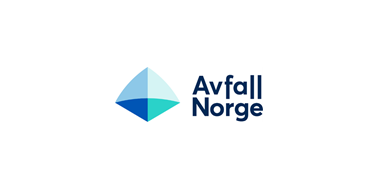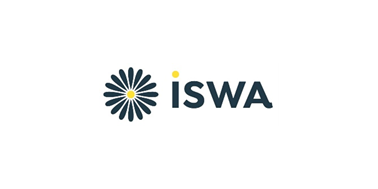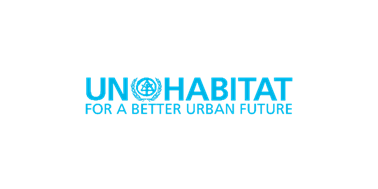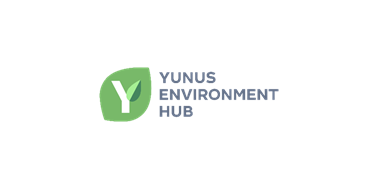Share this article
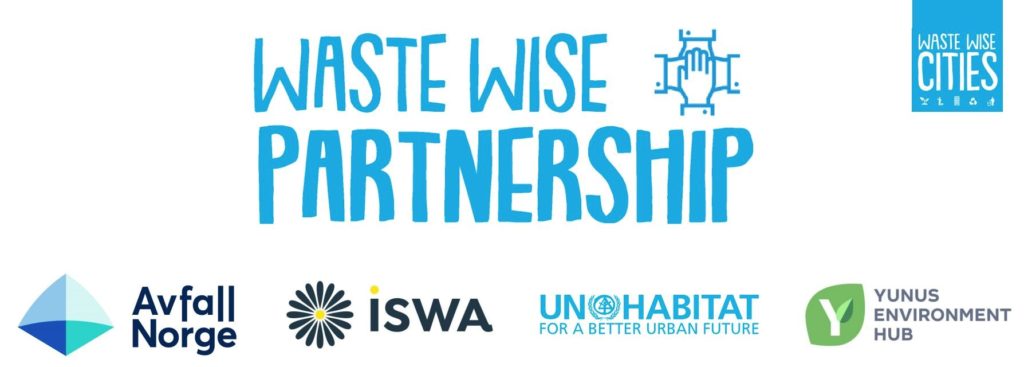
Waste Wise Partnership
The Problem
Globally, approximately 3 billion people do not have access to appropriate waste management facilities, leading to mismanaged waste that negatively impacts human health and the environment. Estimates show that each person on average generates 0.74 kilograms of waste per day, ranging widely between 0.11 – 4.54 kg/day[1] globally. Every day, 2.2 million tonnes (2,200,000,000 kilograms) of municipal solid waste (MSW) is managed inadequately. This includes but is not limited to, direct dumping of waste into streets, public spaces, drainage systems and the environment in general, or collection and transportation of waste to disposal and recovery facilities that are not operated or built in an environmentally sound manner. As a result, increasing amounts of uncollected or mismanaged wastes are ending up in water bodies, reaching the seas and oceans, and contributing to global marine litter pollution. This negatively affects biodiversity, among other consequences.
In light of the current COVID-19 pandemic, the shortcomings of MSW management systems become even more apparent. Discarded healthcare waste from households and medical facilities (e.g. used masks and gloves) is mingling with the MSW stream, posing additional health risks. Even before the pandemic, it was estimated that annually between 400,000 and one million people die from easily preventable diseases caused by mismanaged waste, such as diarrhoea, malaria, heart diseases and cancer[2]. This equals one person dying every 30 to 80 seconds.
The Initiative
Waste Wise Partnership is an initiative established in 2020 by the four founding members Avfall Norge, International Solid Waste Association (ISWA), United Nations Human Settlements Programme (UN-Habitat), and Yunus Environment Hub (YEH).
WaP is spearheaded by the United Nations Human Settlements Programme (UN-Habitat), under the Waste Wise Cities programme (WWC) and was founded with the vision of contributing to the achievement of healthier ecosystems and communities by improving MSW management in cities and supporting them in transitioning from the current linear to a more circular economy. WaP aims to bring partners together to enhance coordination and cooperation among relevant organisations and deliver aligned products and methodologies, in relation to MSW management, to support cities and countries in establishing sustainable MSW management and a circular economy.
The Work
The work within the WaP is aligned to the following four core areas:
- Joint funds mobilisation for project implementation and partnership development
- Aligning assessment methodology based on Waste Wise Cities Tool (WaCT)
- Waste Wise Academy, including e-learning, knowledge sharing, expert roster and networking
- Advocacy
More detailed information on the Partnership and its work can be found on the WaP website.
Partners
